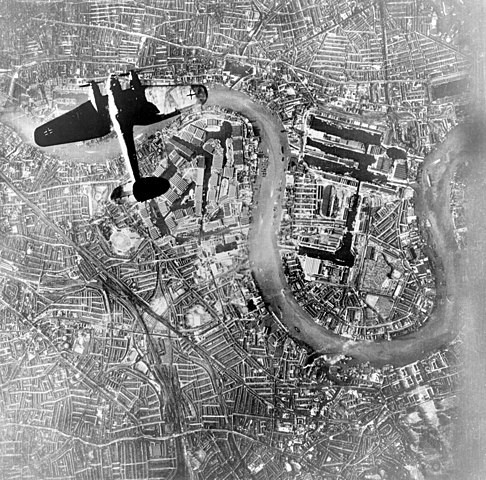World War II was a global conflict that lasted from 1939 to 1945 and involved most of the world’s nations. It was marked by a series of key events and battles that shaped the course of the war. Here is an exploration of some of the most significant events and battles of World War II:
1. German Invasion of Poland (1939):
- Date: September 1, 1939
- Significance: Germany’s invasion of Poland marked the beginning of World War II. It prompted the United Kingdom and France to declare war on Germany, triggering the start of the wider conflict.
2. Battle of France (1940):
- Dates: May 10 to June 25, 1940
- Significance: Nazi Germany’s rapid conquest of France and the Low Countries demonstrated the effectiveness of blitzkrieg tactics. The fall of France resulted in an occupation regime and the evacuation of British forces from Dunkirk.
3. Battle of Britain (1940-1941):
- Dates: July 10, 1940, to October 31, 1940 (officially)
- Significance: The Battle of Britain was an aerial conflict between the Royal Air Force (RAF) and the German Luftwaffe. The RAF successfully defended British airspace against a German invasion, marking a turning point in the war and preventing Hitler from launching Operation Sea Lion.

4. Operation Barbarossa (1941):
- Date: June 22, 1941
- Significance: Nazi Germany’s invasion of the Soviet Union, Operation Barbarossa, was the largest military operation in history. It opened the Eastern Front and marked a crucial phase of the war on the Eastern Front.
5. Pearl Harbor Attack (1941):
- Date: December 7, 1941
- Significance: Japan’s surprise attack on the U.S. naval base at Pearl Harbor in Hawaii led to the United States’ entry into World War II. It was a major catalyst for the Pacific Theater of the war.
6. Battle of Stalingrad (1942-1943):
- Dates: August 23, 1942, to February 2, 1943
- Significance: The Battle of Stalingrad was a brutal and decisive battle on the Eastern Front. The Soviet Union’s victory halted the German advance and marked a turning point in the war in favor of the Allies.
7. D-Day (1944):
- Date: June 6, 1944
- Significance: Allied forces launched Operation Overlord with the Normandy landings, the largest amphibious invasion in history. This marked the beginning of the liberation of Western Europe from Nazi occupation.
8. Battle of Midway (1942):
- Dates: June 4-7, 1942
- Significance: The Battle of Midway was a pivotal naval battle in the Pacific Theater. It resulted in a decisive victory for the United States over Japan and significantly weakened the Japanese navy.
9. Holocaust (1941-1945):
- Dates: 1941-1945
- Significance: The Holocaust was the systematic genocide of approximately six million Jews and millions of others by Nazi Germany and its collaborators. It remains one of the most horrific events in human history.
10. Atomic Bombings (1945): –
Dates: August 6 and August 9, 1945
Significance: The United States dropped atomic bombs on the Japanese cities of Hiroshima and Nagasaki. These bombings led to Japan’s surrender, effectively ending World War II.
11. Japanese Surrender (1945):
Date: September 2, 1945
Significance: Japan officially surrendered aboard the USS Missouri in Tokyo Bay, marking the end of World War II.
These key events and battles represent just a fraction of the complex and multifaceted conflict that was World War II. The war had profound and lasting effects on the world, including the reshaping of international borders, the establishment of the United Nations, and the beginning of the Cold War between the United States and the Soviet Union.












